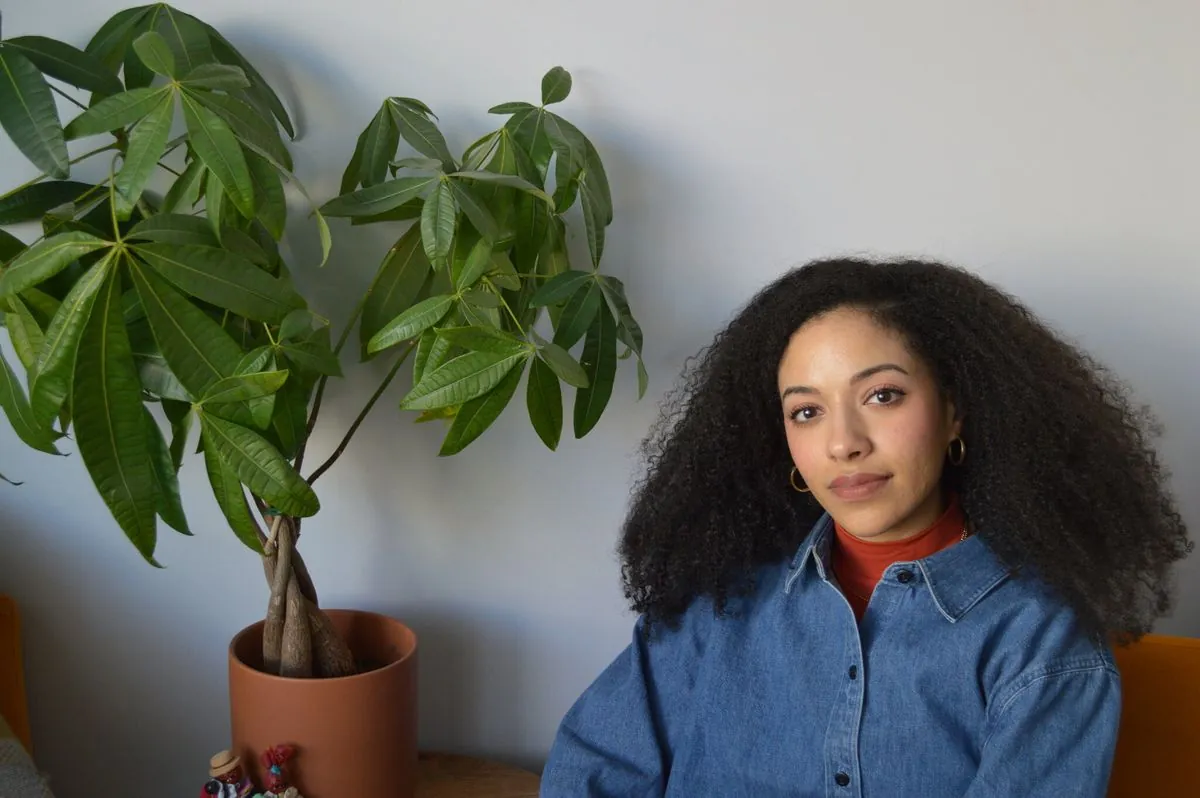Juliana Pache, a 32-year-old New Yorker, has revolutionized the crossword puzzle landscape with her innovative approach to celebrating Black culture. Her journey began when she encountered a clue she couldn't solve, prompting her to create puzzles that reflect her own identity and interests.
In January 2023, Pache launched blackcrossword.com, offering free daily mini-puzzles. Now, approximately 1 year, 7 months, and 20 days later, she has released her first book, "Black Crossword: 100 Mini Puzzles Celebrating the African Diaspora."
Pache's initiative comes at a significant time in crossword history. It's been about 113 years since the first crossword appeared in a New York newspaper, marking a century of evolution in puzzle-making. Recent years have seen increased discussions about representation in crosswords, from constructor diversity to the range of cultural references used.
Each of Pache's puzzles includes at least three references to aspects of Black cultures worldwide. Her goal is twofold: to create puzzles that Black people will enjoy and to showcase the diversity within Black communities globally.
"Part of my mission with this is to highlight Black people from all over, Black culture from all over. And I think ... that keeps us learning about each other."
The concept of "general knowledge" in crosswords has long been a subject of debate. Michelle Pera-McGhee, a data journalist, analyzed crossword puzzles from major outlets, revealing disproportionate representation favoring men and white individuals in clues and answers.
Efforts to make crosswords more inclusive are gaining momentum. The New York Times, which introduced its crossword in 1942, now offers a fellowship for puzzle constructors from underrepresented groups. This initiative, along with Pache's work, contributes to a broader movement of creating puzzles that cater to diverse communities.
Crossword puzzles have come a long way since their inception. The first crossword puzzle book was published in 1924, and today, puzzles are published in over 40 languages worldwide. They've even been used in education to improve vocabulary and cognitive skills, with some studies suggesting they may help delay the onset of dementia.
Pache's work not only celebrates Black culture but also encourages learning across different parts of the African diaspora. Her approach aligns with the evolving nature of crosswords, which have grown from being considered a threat to productivity in some workplaces to becoming a beloved pastime and learning tool.
As the crossword community continues to expand and diversify, Pache's contribution stands out as a testament to the power of representation and the joy of cultural exploration through puzzles.
